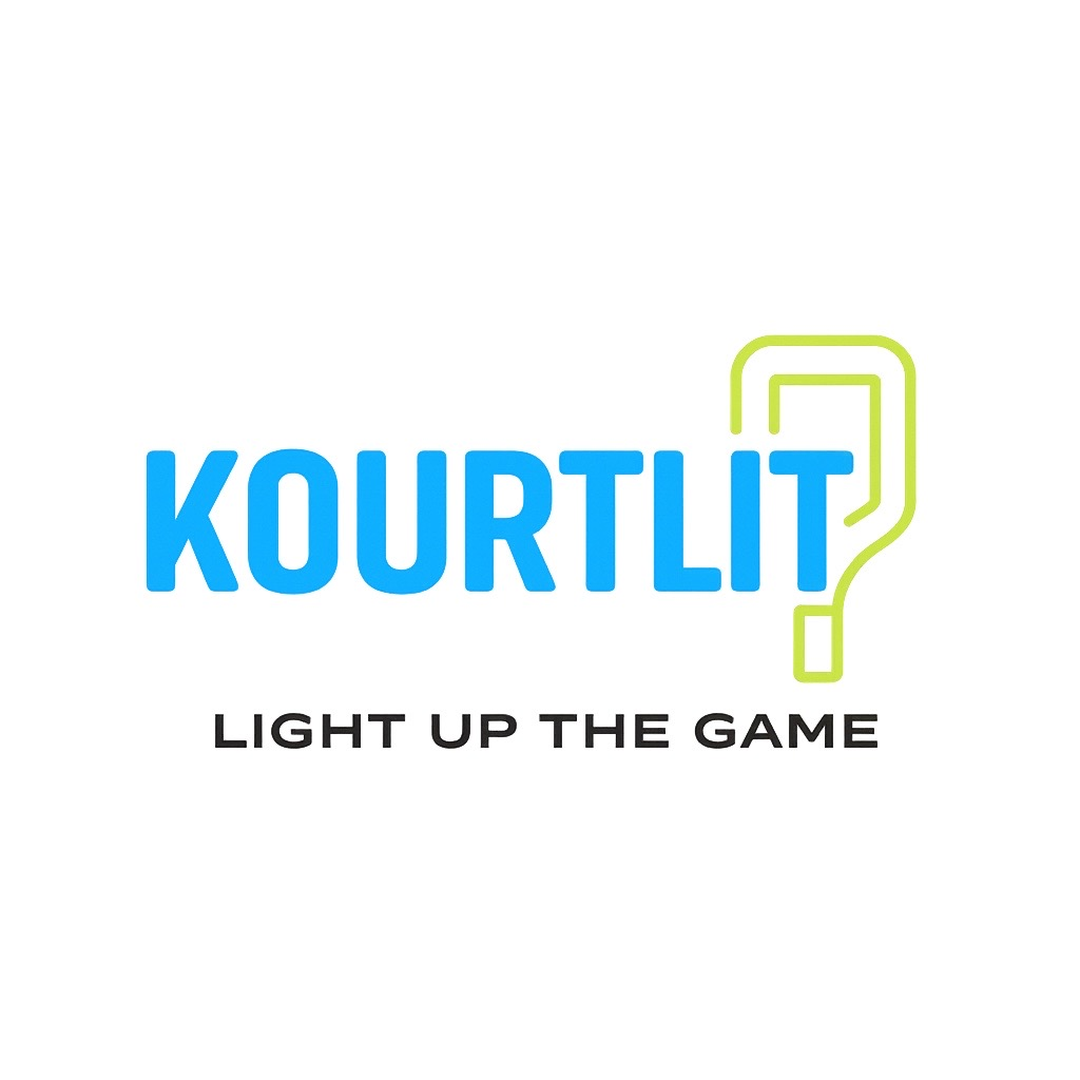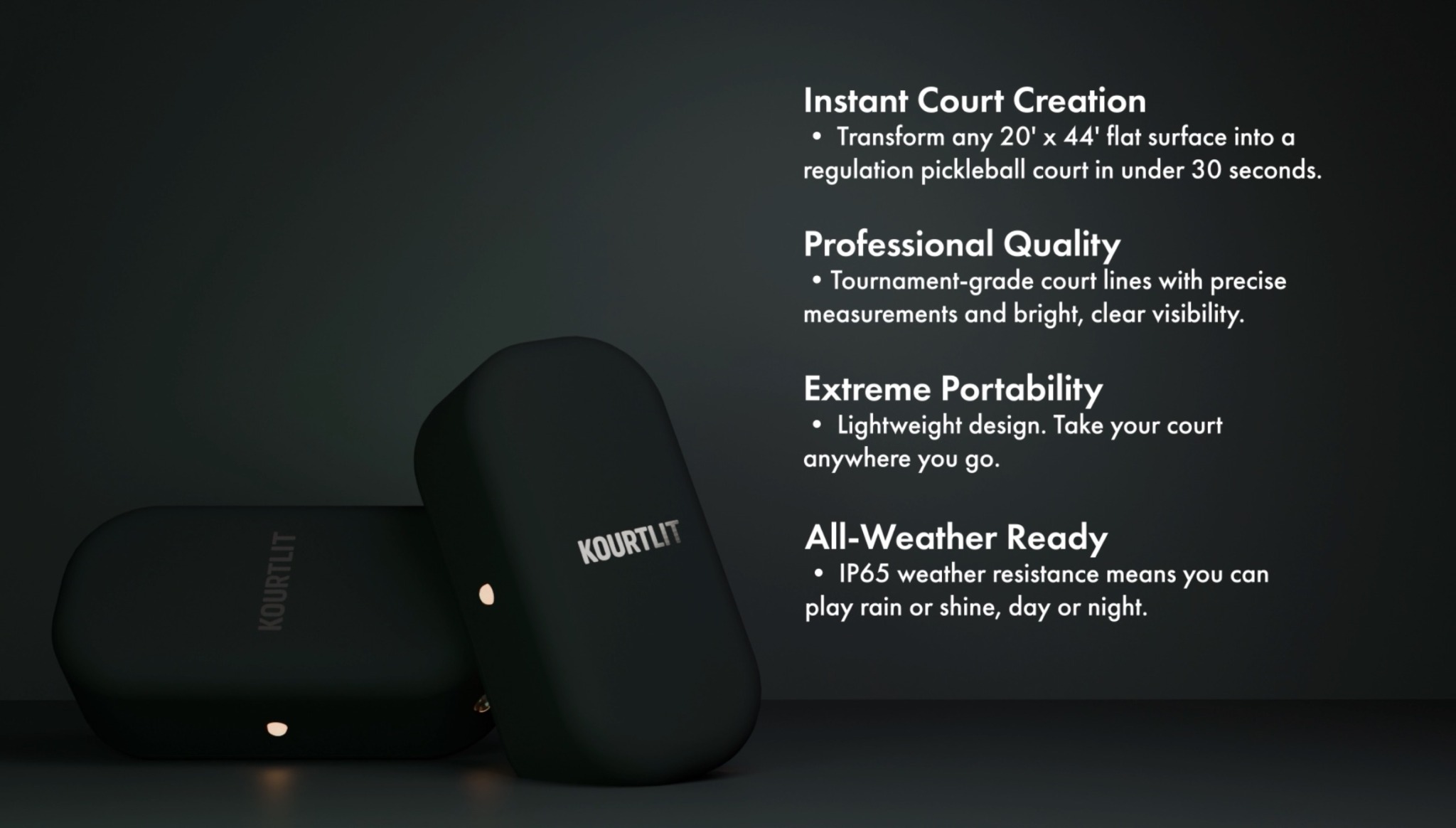Alright – so today we’ve got the honor of introducing you to Jarrell Green. We think you’ll enjoy our conversation, we’ve shared it below.
Alright, Jarrell thanks for taking the time to share your stories and insights with us today. Can you tell us about an important lesson you learned while working at a prior job?
The most important lesson I learned came from years of putting all my eggs in someone else’s basket. I’d give my best to an organization, then leadership would change, priorities would swing, and the basket would drop. Promises shifted, timelines became unrealistic, and the work I cared about stalled. After seeing that pattern repeat, I realized something fundamental about myself: I’m not wired to unpack my bags at anyone’s organization except my own.
That insight guides how I build today. I show up fully, but I keep agency. I am now able to maintain clear scopes, written milestones, and a Plan B if the ground moves. With KourtLit and my book “The Ultimate Entrepreneurship Playbook For Teens”, I create assets I own, diversify where I invest my time, and keep a path to pivot when needed. The principle is simple and it’s mine: “Never enter without a plan to exit.”

Jarrell, before we move on to more of these sorts of questions, can you take some time to bring our readers up to speed on you and what you do?
I’m Jarrell A. Green. I’m an educator, the author of The Ultimate Entrepreneurship Playbook for Teens, and the founder and inventor of KourtLit, a patent pending light-projection system that displays a full-size pickleball court onto a flat surface. I hold a bachelor’s in Entrepreneurship and an MBA with a concentration in Data Analytics. I got into this work after increasing my self awareness and spending years of putting my energy into other people’s plans and seeing them change.
My book is a practical guide to taking agency. It gives readers simple tools to set goals, build momentum, and make clear exits when needed. I write the way I teach. Plain language, real examples, and steps you can use right away.
KourtLit grew from the same mindset. Pickleball is growing fast while court access lags. KourtLit is a portable device that projects a regulation court in minutes. No construction. No paint. We’re building for schools, parks and rec, clubs, and event organizers who need more playable space now.
I’m proud that the book and KourtLit both solve real problems with simple, repeatable systems. If you’re a reader, a player, or you manage facilities, here’s what to know. I care about access, education, and community. I welcome partners for pilots and honest feedback, and I’ll keep building in public so people can see the progress.
How did you build your audience on social media?
I hired social media strategist interns for KourtLit to grow our presence because I had a clear blueprint but I knew fresh eyes could push it further. I set the guardrails. Weekly cadence, short hooks first, clear CTAs, a simple analytics sheet, and UTMs on every link. I walked them through our brand voice and our goal of turning attention into waitlist interest and partner conversations. Then I gave them real ownership.
One intern took that playbook and ran with it. He studied our clips, picked the right cuts, and focused on the platforms that actually matched our audience. He tightened pacing, fixed captions, and kept everything on-brand. He also came to our first founder meeting with a plan that mirrored my agenda and then extended it. He suggested we shift part of our energy from individual players to organizations and built content that spoke to facilities and programs. The result was cleaner edits, better engagement, and a repeatable workflow that the next person can follow. The lesson for me was simple. Give people a clear path, high standards, and room to lead. When you do, the right person will turn a blueprint into momentum. Shout out to Matthew!

How do you keep your team’s morale high?
First, clear is kind. Morale falls when people don’t know what “good” looks like, so I write it down. One page. Goals for the week, who owns what, the deadline, and a simple Definition of Done. We agree on how we’ll communicate, when we’ll meet, and how fast we respond. No mystery. When expectations are visible, people relax and focus.
Second, give context, not just tasks. I don’t hand out to-dos without the why. When the team understands the mission and the customer, they make better calls without waiting on me. That’s where pride shows up, when someone sees how their post, edit, or call actually moved the goal.
Third, make the work winnable. I break projects into small, shippable pieces and celebrate real progress. One good post that hits our target matters. One deck section tightened matters. You stack small wins and the room gets lighter. We review the scoreboard weekly, what went live, what we learned, what we’ll try next. No theatrics, just honest numbers.
Finally, honor the person, not just the output. I call out specific strengths in public, coach in private, and ask “What do you need from me to ship this?” Growth, purpose, and fairness—that’s the triangle. When those three are present, morale follows.
Contact Info:
- Website: https://KourtLit.com
- Instagram: Mrgreen_theteacher
- Facebook: https://www.facebook.com/share/14PcSVytuuy/?mibextid=wwXIfr
- Linkedin: https://www.linkedin.com/company/kourtlit/
- Youtube: https://youtube.com/@kourtlit?si=xlOeugYOEu55Fj1J
- Other: TikTok: https://www.tiktok.com/@mrgreen_theteacher?_t=ZT-90fPtEyBduZ&_r=1


